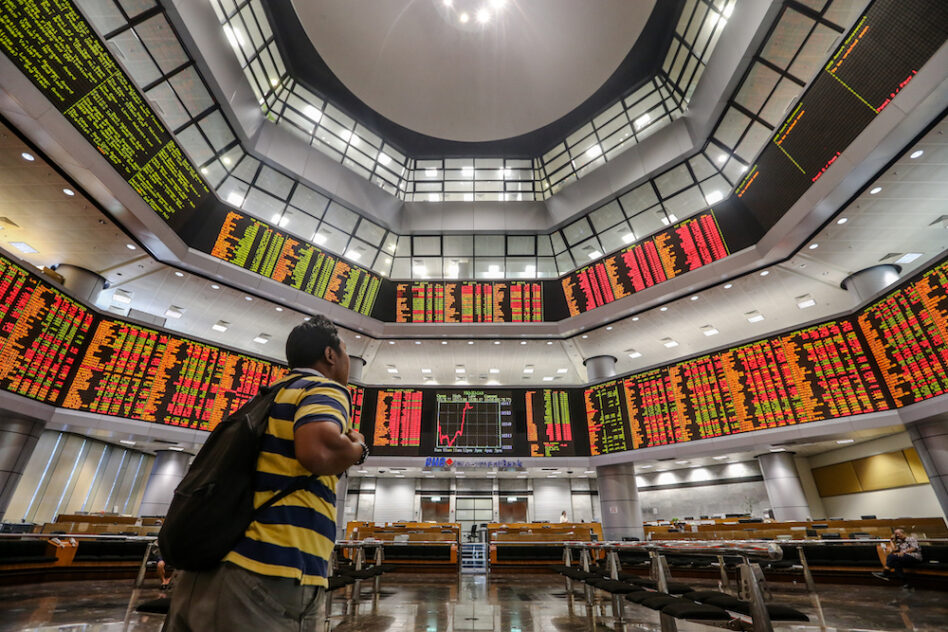CLIMATE change is impacting planet’s diversity of life and businesses.
Some physical risks of climate change, which include the potential impact of higher temperatures such as drought, changing rainfall patterns, rising sea levels, change in land use and more extreme weather events and incidences of natural disasters, changing consumer preferences and access to financing for ‘brown’ industries such as coal, are already visible.
Other risks of climate risk include domestic political stability, international trade relations, heightened conflict and deep changes to institutions or economic policies.
The impact of climate change will continue to intensify. However, many of the more severe effects are only expected to build up over decades
“Climate change will adversely affect sovereign ratings, but intrinsic uncertainties make it challenging to robustly quantify the impact,” Fitch Ratings says.
Additionally, physical risks can have an adverse effect on gross domestic product (GDP) through business disruption, a reduction in productivity, and making some activities, such as agriculture, unviable.
There may be insured or uninsured financial losses, some asset destruction or price falls, and reconstruction or mitigation costs
Furthermore, the greater the increase in greenhouse gas (GHG) emissions, the greater the physical risks from climate change for the vast majority of sovereigns. As a fact, some impact is already visible and reflected in ratings.
“We expect climate change to become a more important driver of rating changes as the effects become clearer, closer and more material,” Fitch Ratings says.
Countries will have varying capacities to adapt to and partly offset the effects of climate change through policy changes and deploying resources and know-how to limit physical risks or diversifying economies to limit transition risks.
Also, there may be scope for risk transfer mechanisms such as insurance to play a role.
“Countries best-placed to mitigate the effects of climate change are likely to be those with high levels of human capital, income and private-sector wealth, diverse economies, strong public finances and policy space, social resilience, and strong governance and institutional capacity,” opined the credit rating agency.
“These are factors that are already highly correlated with sovereign ratings. At the other end of the spectrum, small, poor countries with limited resources and weak governance will have less capacity.”
However, the magnitude and timing of the impact on individual sovereigns is highly uncertain. Scenarios, models, heat maps and rankings can be a useful starting point, but don’t offer definitive answers or necessarily address the materiality of risks. – Dec 10, 2020









